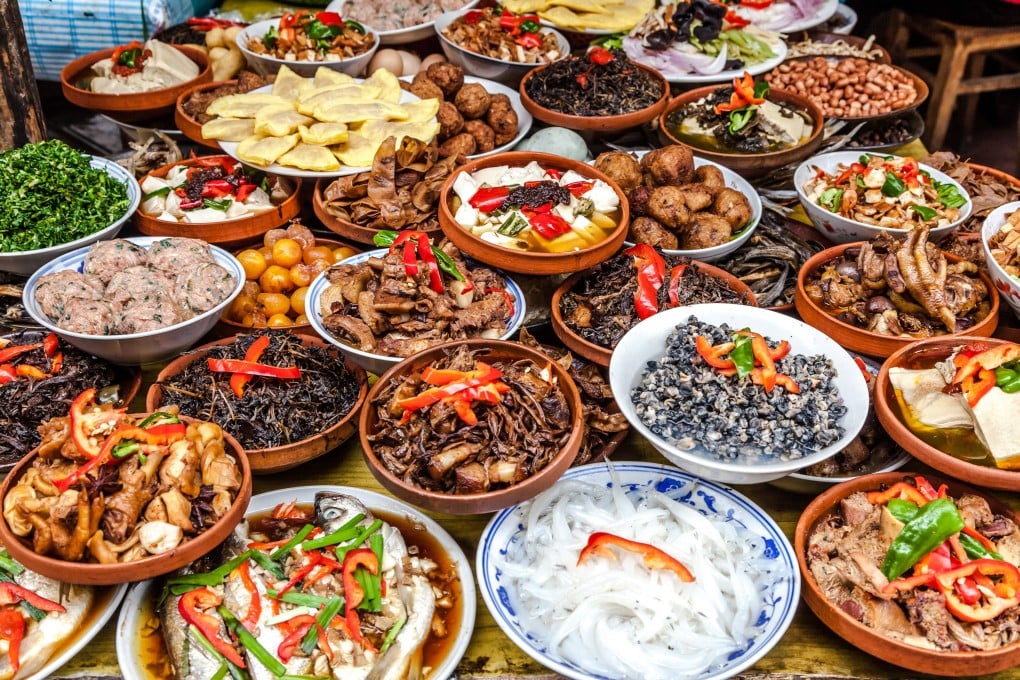China’s tradition of hospitality may need reshaping if food waste is to end
- A drive against wasted food spearheaded by President Xi Jinping must overcome long-held attitudes towards entertaining
- History of shortages has given Chinese people a respect for frugality, but how guests are treated is still measured in leftovers

He heaves his hoe in the rice field, under the noonday sun; on to the soil of the rice field his streaming sweat beads run
This classical Chinese poem reminding people to treasure food has been one of the first things taught to schoolchildren in China for decades. But wasted food in the world’s most populous country has become so prevalent its leader has called for national action.
Patrons of the country’s catering industry each wasted an average 11.7 per cent of their meal, according to a report co-authored by the Institute of Geographic Sciences and Natural Resources Research under the Chinese Academy of Sciences in 2018.
In large gatherings, the rate rose to 38 per cent, while students threw away a third of the contents in their school lunchboxes, it said.
Preparing or ordering more food than necessary has long been regarded as a symbol of hospitality and social standing in China, where it is common for all dishes to be shared by the table. But the prosperity of recent decades has also partly contributed to the habit of squandering, according to experts.
Zhu Qizhen, a professor at China Agricultural University, said the Chinese people traditionally valued frugality, a consequence of a long history of famine and shortages. But another deeply rooted value – of expressing hospitality by treating guests to sumptuous feasts – was behind the squandering of food.